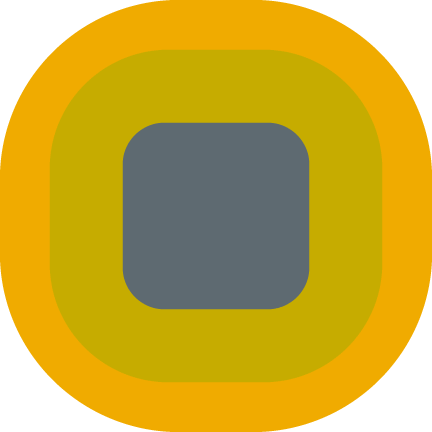Recovery coaches serve as motivators, allies, truth-tellers, role models, mentors, problem solvers, resource brokers, and advocates—guiding individuals toward lasting recovery. At Odyssey House part of building community is promoting from within.
We train our alumni to become recovery coaches. We have a system to provide encouragement, resources, and guidance, so that our coaches learn to help struggling individuals build resilience, accountability, and community.
OHROCS Recovery Coaching
OHROCS (Odyssey House Recovery Oriented Care System) offers recovery coaching training within our Recovery Network — we train our alumni to provide non-clinical, peer-driven support to coach people struggling with addiction.
To people in our substance use disorder treatment programs, this peer-to-peer coaching is a lifeline to help them maintain stability, achieve their goals, and build fulfilling lives beyond addiction.
CCAR-based Foundations of Support
CCAR (Connecticut Community for Addiction Recovery) is a strength-based, person-centered approach that empowers individuals to take charge of their recovery. It is the basis of the Odyssey House OHROCS program within our Recovery Network, and it focuses on hope, connection, and personal growth, helping people harness their own strengths to sustain recovery.
Recovery coaches are “anyone interested in promoting recovery by removing barriers and obstacles to recovery by serving as a personal guide and mentor for people seeking recovery.” — CCAR
The CCAR Philosophy
Under the CCAR model, the recovery coach’s goals are to promote recovery, eliminate barriers, connect individuals in recovery with support services, and foster hope, optimism, and healthy living.
A recovery coach is an equal and a companion to the mentee, not a sponsor, case manager, or counselor.

